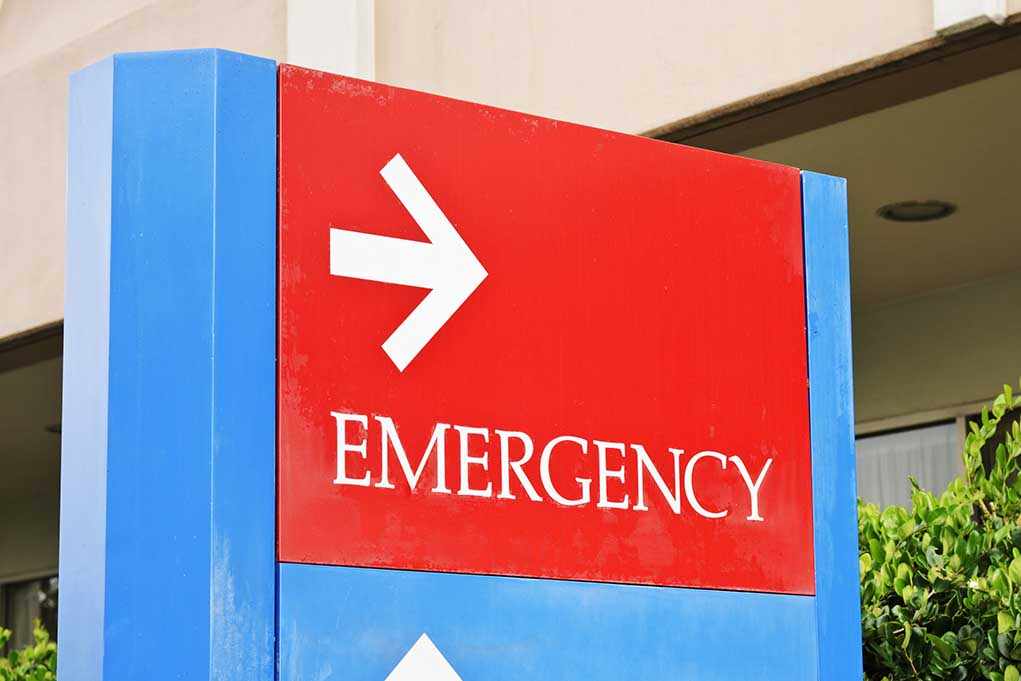
A Massachusetts woman’s vacation nightmare became a national talking point after a wild bat flew into her mouth, leaving her with a staggering $21,000 medical bill and reigniting concerns over America’s broken healthcare system.
Story Highlights
- Erica Kahn was hit with over $20,000 in medical bills after a bat flew into her mouth during a Vermont vacation
- The incident forced her to undergo costly rabies post-exposure treatment
- Her story draws attention to the financial strain of emergency healthcare in the United States
- The case intensifies debate over insurance coverage, hospital billing, and healthcare policy
Unexpected Wildlife Encounter Leads to Medical Emergency
Erica Kahn, a Massachusetts resident, faced a situation few Americans could imagine while vacationing in Northern Vermont: a wild bat unexpectedly flew straight into her mouth. Kahn, recognizing the severe risk of rabies—a disease that is almost always fatal without immediate intervention—sought emergency care. Doctors administered a full course of rabies post-exposure prophylaxis (PEP), the only effective defense against the disease after potential exposure. The ordeal quickly turned from a bizarre wildlife story into a financial crisis as Kahn was billed nearly $21,000 for her treatment.
The incident, first reported in late July and gaining media traction in early August 2025, is not unheard of but remains exceedingly rare. Most human-rabies exposures in North America are linked to bats, and the Centers for Disease Control and Prevention (CDC) have long urged immediate medical attention for any direct contact, especially when saliva might be exchanged. While Kahn’s quick action likely saved her life, it also exposed her to the harsh financial realities of America’s emergency health care system.
Emergency Care and the High Cost of Rabies Treatment
Rabies post-exposure prophylaxis is among the most expensive emergency treatments in the U.S., often costing thousands per dose and requiring several rounds of injections. Insurance coverage for such rare treatments is inconsistent, leaving patients like Kahn responsible for significant out-of-pocket expenses. According to multiple news reports, Kahn’s insurance did not cover the entire cost, saddling her with a debt that could take years to pay off. This case is not isolated; sporadic reports continue to emerge of Americans facing financial ruin after animal encounters result in necessary, but costly, medical interventions.
Healthcare providers and insurance companies both play a role in this dynamic. Hospitals are required to provide life-saving care, but their billing practices and partnerships with insurers often pass the burden to the patient. Insurers, for their part, frequently minimize payouts, especially for rare or complex emergencies. The result is a system where individuals are left at the mercy of bureaucratic processes and fine print, often at the most vulnerable moments of their lives.
Broader Implications: Debate over Healthcare Affordability Intensifies
Kahn’s ordeal has reignited a longstanding debate about the affordability and accessibility of emergency care in the United States. Conservative Americans, already frustrated with government overreach and excessive spending under the previous administration, see cases like this as evidence of a system out of touch with everyday citizens. While politicians and public health officials agree that rabies treatment is medically necessary, many argue that no individual should be financially destroyed for receiving it. Healthcare policy experts and industry analysts have repeatedly cited rabies PEP as emblematic of a broader problem—life-saving care that is out of reach for many due to exorbitant costs.
The story has prompted calls for reform and greater transparency in hospital billing and insurance coverage, particularly for rare but critical conditions. Some advocate for regulatory intervention to cap prices or mandate better insurance protections, while others argue for a more market-driven approach that encourages competition and price transparency. What is clear is that Americans continue to suffer under a healthcare system that too often prioritizes paperwork and profit over patient well-being.
Personal Toll and Public Response
For Erica Kahn, the financial and emotional impact is immediate. She has publicly discussed her distress over the bills, joking about the taste of bat but making clear her frustration with the system that left her in this predicament. Her case has resonated with many who have faced similar struggles or fear the possibility of an unexpected medical emergency leading to financial hardship.
Massachusetts woman hit with five-figure medical bill after a wild bat flew into her mouth on vacation https://t.co/V1wAFRY1Fv pic.twitter.com/0w4H32xh6b
— New York Post (@nypost) August 3, 2025
Her experience is a reminder that, despite America’s advanced medical capabilities, patients can still be left behind by a system that fails to prioritize their financial security. Conservative critics point to cases like Kahn’s as proof that reforms must protect the rights and wallets of American families, not just expand bureaucracy or government control. As President Trump’s administration pledges to address these issues, the country will be watching for solutions that defend both health and freedom—core values that must not be compromised by red tape or runaway costs.




